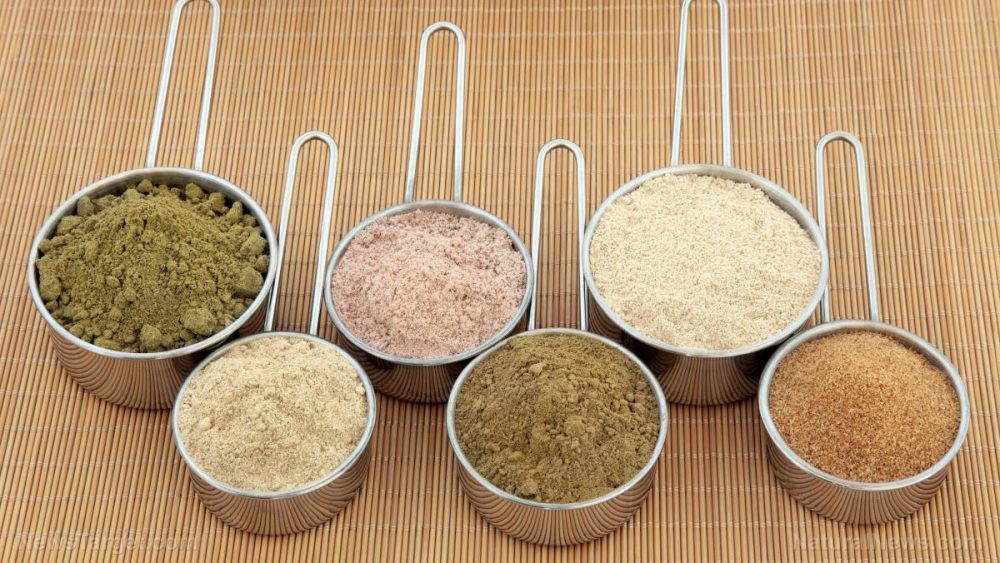
Advertisement
A recent study revealed that more and more people are consuming protein supplements made from plant ingredients. After analyzing the trend, researchers suggested that hemp and quinoa are next in line to experience a boom.
Researchers from DuPont Nutrition & Health and HealthFocus International looked at the eating habits of more than 1,000 Americans. They paid particular heed to the amount of plant-based products consumed by the participants.
Their findings showed that 52 percent of the participants ate more food and drinks derived from plants. Almost 60 percent expressed their hope or intention to make the switch permanent.
They also noticed a striking shift in protein powders. Previously, whey-based products dominated this category. However, the study showed that many consumers have switched to plant-based protein powders made from rice or pea.
The study covered 52 weeks that concluded on January 13, 2018. During that time, consumption of the 15 most popular plant-based protein supplements increased by 51 percent year-over-year, while protein supplements as a whole only improved by 15 percent. (Related: Shredded: Whey protein and resistance exercise are the perfect combo for muscle mass gain.)
More people are picking plant-based protein powders over dairy-based whey products
Plant-based proteins first gained popularity in the category of sports nutrition powders. 2013 saw the launch of more sports powders derived from plants when compared to any other type of food or beverage.
While plant-based protein powders only make up less than 10 percent of total protein powder consumption, their consumers purchase them for different reasons. Users of whey-based protein want to build up muscles, but plant-based protein consumers pick their products for health and environmental reasons.
Furthermore, people who are taking proteins for fitness purposes alternate between dairy protein and plant protein beverages during their training program. They are also willing to pay up to 10 percent premium for protein shakes made from plant ingredients.
While bodybuilders and professional athletes continue to favor dairy proteins, mainstream fitness practitioners are picking plant-based protein powders for their healthy lifestyle.
“When looking at health claims on packaging, we’re finding that plant proteins are hitting the mark by targeting general health, immunity, digestive health, and the more niche concerns of consumers that weren’t being addressed by animal-based products,” explained Lumina Intelligence market analyst Thomas Morgan. “With this plant proteins are getting the buzz from general consumers, and engagement related to them is increasing.”
Pea is the top plant-based protein source while hemp and quinoa are rising stars
Lumina researchers conducted their study on the sports nutrition market. They analyzed thousands of unique brand variants and hundreds of brands across 20 countries.
Their report showed that pea displaced soy as one of the primary sources of plant-based protein. Soy suffers from links to genetically modified organisms (GMO), allergic potential, and reported disruption of hormones.
Peas quickly filled the niche once held by soy. Since they don’t bear any of the health and sustainability stigmas associated with soy, peas have become the most common source of plant-based protein powders, well above rice and soy. They are also getting investments from big companies.
The Lumina study identified hemp and quinoa as potentially accessible sources of plant protein. Quinoa and hemp protein contain a wider variety of amino acids than pea and rice.
One of the most significant drawbacks of plant proteins is their lack of specific amino acids. Manufacturers get around this deficiency by blending several plant proteins so that they match the amino acid profile of animal proteins.
“Hemp and quinoa in general terms are relatively popular already, but in protein they address a few of the problems currently plaguing the plant protein category,” explained Morgan. “The reason that we see hemp and quinoa as rising stars is that they have complete profiles without the need to blend.”
Sources include:
Advertisements







